Buyer's Guide
The specialty coffee industry can be an overwhelming one, full of terminology and information that can often confuse newcomers,
leaving them usure of what it all means, and what coffee is right for them.
Our approach
We have created this guide to help you break down all these terms, to understand what they mean, and why they are relevant in helping you decide the best coffee for you, because what may seem like irrelevant information, can actually be incredibly important in determining the profile of the coffee, and help you learn what types of coffee you really enjoy, and which types of coffee you really don’t.
Let us begin by breaking down the labels we use on our bags, and you can learn more information about each topic by clicking on the respective links:

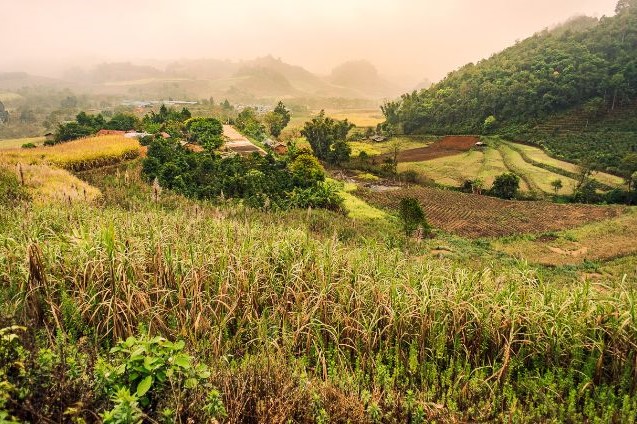
1. Regions & Countries of Origin
Coffee, as I am sure you know, comes from all over the world. From Brazil to Burundi, and Colombia to Costa Rica — but did you know it originated in Ethiopia?
2. Producers

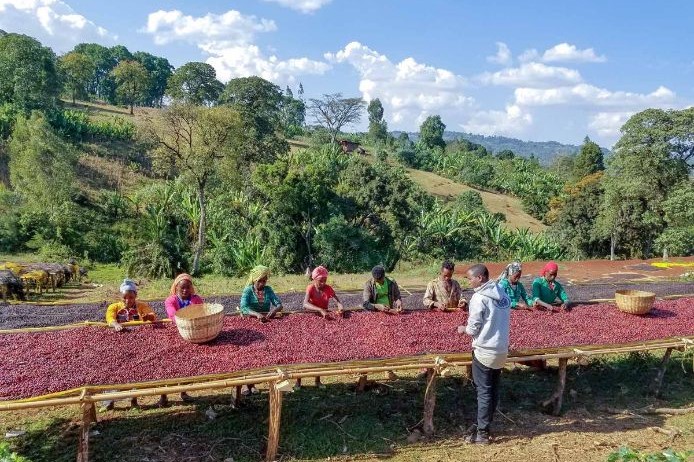
3. Processing Methods
4. Species & Cultivars
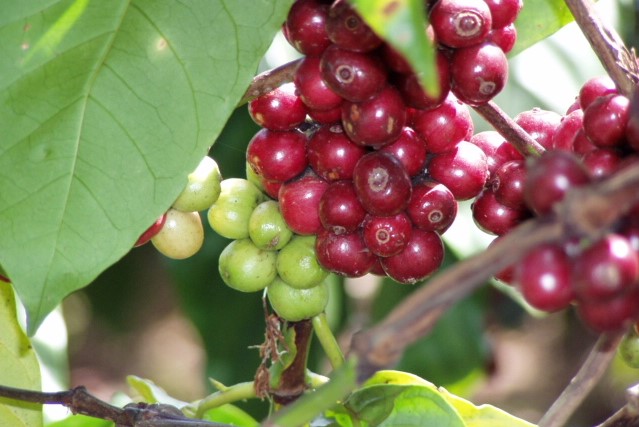
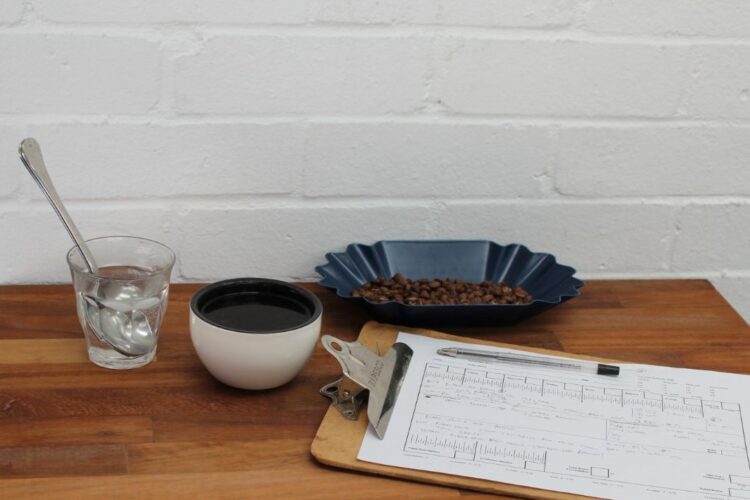
5. Cup Profile
6. Roast Date
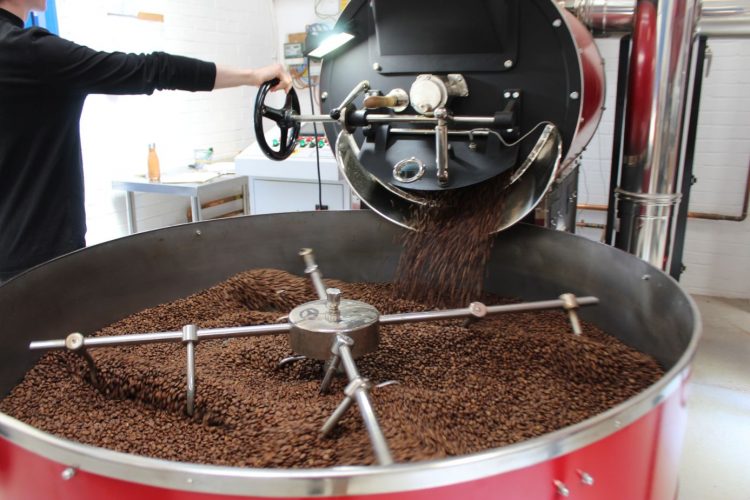
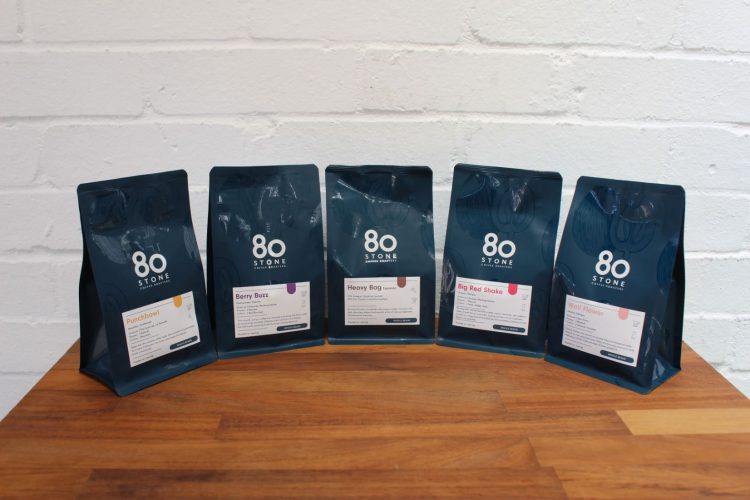
7. Name and Colour Profile
8. Suggested Brewing Methods
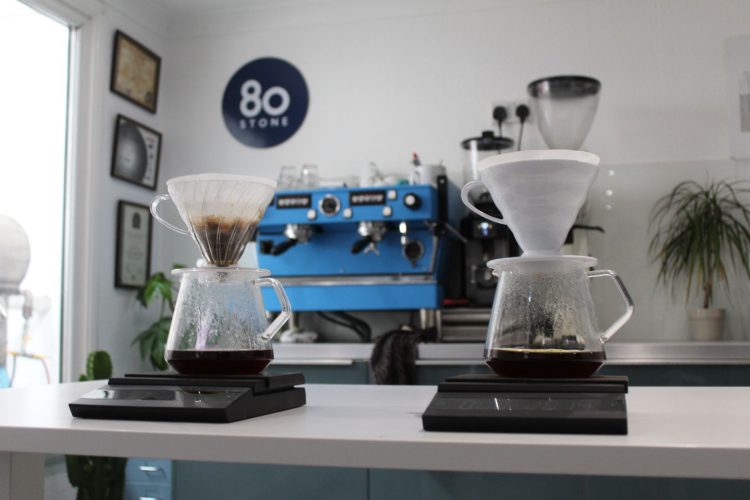
READY TO START BROWSING?
Speciality Coffee Suppliers
